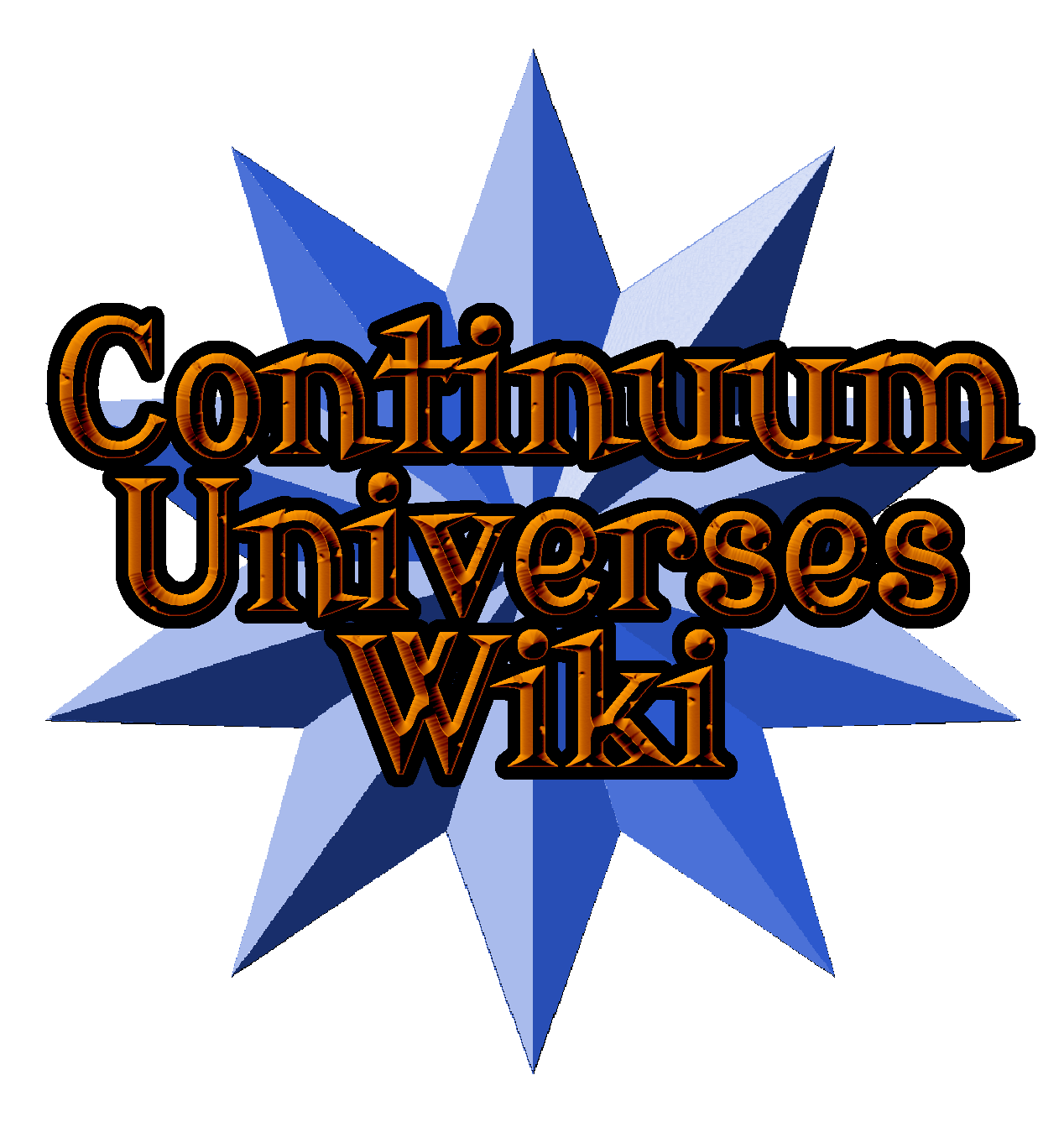Midheim
Divine Origins
Midheim was fathomed by the Divine Parents, Thjorsen and Jonwen, whose vision was rooted in the ancestral spirits of mortal cultures. Rather than replicating mythologies, they sought to honor the archetypes, virtues, and elemental soul-forms of ancient Terran peoples. Midheim’s creation was an act of remembrance and spiritual resurrection, not imitation.
At the moment of fathoming, Primordial beings were born—vast elemental entities without souls or spirits, but composed of pure intent and cosmic law. These beings shaped the land, skies, and planes of Midheim before withdrawing to slumber within their domains.
Universal Structure
Midheim is composed of five primary dimensions:
- Hothjala: The Premortal Realm where spirits dwell before incarnation. It is a realm of mists, light, memory, and resonance.
- Valhem: The celestial plane of the Alderian Pantheon, where gods convene and mortals may ascend.
- Morlen: The Mortal Plane, where most sapient life dwells and where the core narrative of Midheim unfolds.
- Kjolen: The Hell Plane, created by Divine Law to imprison transgressors. Devils rule here, but even they fear what lies beyond.
- Thorlen: A realm of containment—used to bind rogue Primordials, divine traitors, or reality-breaching entities.
The Void and the Demons
Midheim is perpetually threatened by the influence of the Void (Midheim)—a realm of non-being, outside of creation. Void is all that existed at the birth of the Primordials whom war warred and sealed the Demon. Demon are not fallen spirits, but voidborn entities. They have no soul, no spirit, and no place in the cycle of creation. Unlike Devils, who operate within the laws of Kjolen, demons are antithetical to all ordered reality and seek only to devour and unmake.
The Spirits of Midheim
All true life in Midheim begins as a spirit in Hothjala. These spirits resonate with one or more forces of nature, and their spiritual frequency determines their mortal vessel. Examples include:
- A spirit drawn to storm and iron may be born as a Fjordman.
- One attuned to sorrow and earth may be born as a Dorchari (Dark Elf).
- Some spirits remain unincarnated, serving as guides or evolving into Angels.
The birth of a spirit into the Mortal Plane is not random; it is governed by resonance, legacy, and the will of the Divine Parents.
Cosmological Hierarchies
Divine Parents
- Thjorsen – The Highfather of Forge, Wind, and Judgment.
- Jonwen – The Highmother of Memory, Hearth, and Spirit-Womb.
Alderian Pantheon
Masculine Deities
Feminine Deities
Sapient Species
Midheim is home to a vast range of intelligent species, including but not limited to:
- Human (Midheim)
- Dwarf (Midheim)
- Fae (Midheim)
- Elf (Midheim)
- Giant (Midheim)
- Canid (Midheim), including Corgi Canid (Midheim), Wolf Canid (Midheim), Wolfhound Canid (Midheim)
- Ursid (Midheim), including Grizzle Ursid and Frost Ursid
- Demon (Midheim)
- Devil (Midheim)
- Angel (Midheim)
- Goblin (Midheim), Orc (Midheim), Troll (Midheim), Hag (Midheim)
- Mer (Midheim)
- Alderian (Species)
- Primordial (Midheim)
Factions and Rivalries
The following hostilities shape the mortal and spiritual conflicts of Midheim:
- Trolls vs Ursid
- Giants vs Trolls
- Goblins vs Everyone
- Hag x Goblin
- Fae vs Elf
- Elf x Human
- Fae x Canid
- Orc vs Elf
- Orc vs Human
- Orc x Troll
- Mer x Human
- Devil > Human; Human vs Devil
- Demon vs Devil
- Giant x Ursid
- Human > Canid
- Angel x Human
Themes and Philosophies
Midheim emphasizes:
- Ancestral Memory: Souls remember their purpose, even if their minds forget.
- Spiritual Frequency: Each being is born according to the tone of their spirit.
- Elemental Resonance: The Primordials echo through natural forces; to tame the world is to know them.
- The Forbidden Void: Not all who dwell beyond creation are fallen; some were never part of it.
- The Right of Passage: Mortality is not weakness—it is the crucible through which spirits ascend.
Trivia
- The Corgi (Midheim) are not a joke race—they are sacred animal-kin with royal lineage.
- Devils and Demons are enemies, not allies. One seeks dominion, the other dissolution.
- Angels (Midheim) can fall, but when they do, they become something other—not demons.
